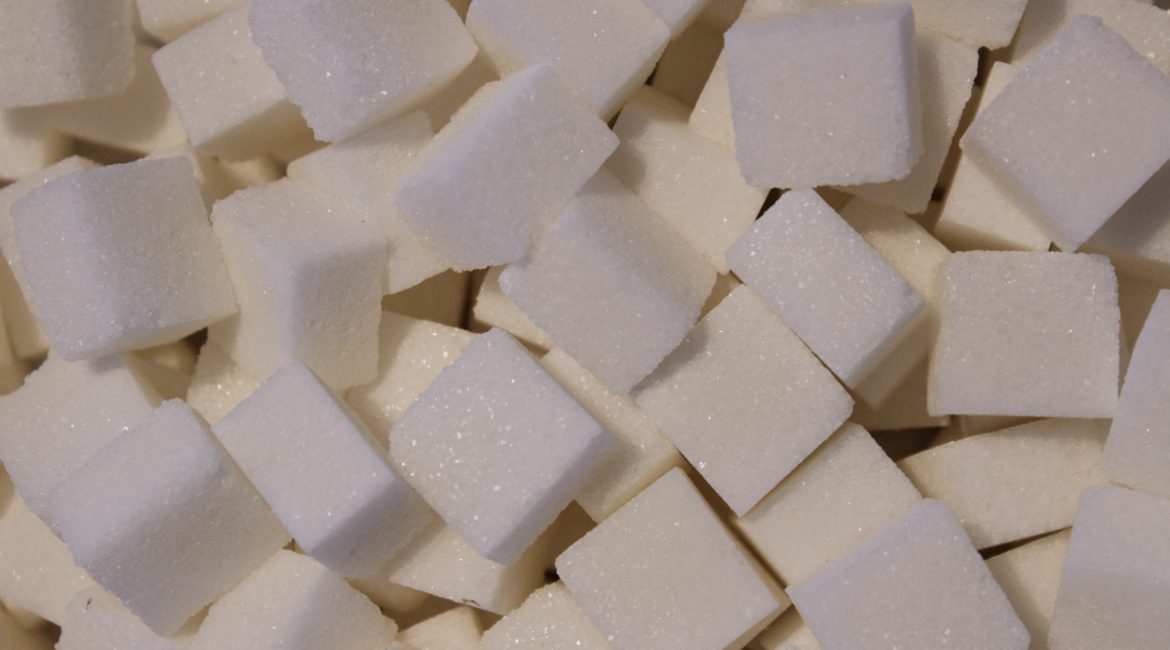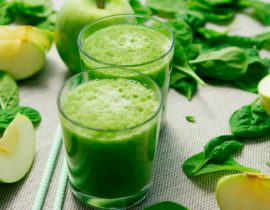When you are as passionate about wellness as we are, here at Well Citizen, you spend a lot of time prioritizing what goes into your body. From high-quality foods to the best supplements you can find, we know that you understand that what you eat can have a huge effect on your health and overall quality of life.
But even the most health-conscious among us are unaware that they could be training their bodies to form addictive patterns around this food.
That’s right. We’re talking about sugar.
Over the years, sugar has taken a front-row seat in conversations about health and diet. While opinions range from it not being something to worry about, to something we need to eliminate from our diets completely, the consensus is clear. Almost all Americans are eating too much sugar.
To clarify, when we talk about ‘sugar,’ we’re not talking about the stuff you get from a fresh piece of fruit. Instead, scientists and health professionals are mainly concerned about added sugar.
Unlike naturally occurring sugars, added sugar all comes from refined sugar. Refined sugar is the type you’d use in baking. These little granules have been extracted from the sugar cane plant. Another version of refined sugar is high fructose corn syrup (HFCS), an ingredient you would find in almost any packaged food in your pantry.
Table sugar and HFCS may seem harmless at first glance. However, they are linked to a whole host of health issues. Added sugars are high in calories but add no other nutritional value. As such, they have long been associated with obesity and diabetes, as well as poor heart health.
One of the most troubling aspects of added sugars is how prevalent they are in everyday foods. In a single can of soda alone, there can be close to 40 grams of sugar. This is four grams over the recommended daily amount for adult men and women. Most people aren’t just drinking a can of soda. They are adding refined sugar into their coffee, or have it hidden in their snack food, dips, and treats. Refined sugar can be found even in food that is not traditionally thought of as sweet, such as bread. When it is all added together, it is easy to see how the average adult eats much more refined sugar than is necessary.
Besides the health issues, many more health professionals are becoming aware of sugar addictions in their patients. While generally not thought to be as serious as addictions to other substances, sugar addictions can be very real. People may use sugary drinks and sweets as a way to self-soothe from negative emotions like stress and anxiety. Others might use it as a way to try and boost energy levels, rather than getting enough sleep or eating properly.
It’s easy to see why so many people have concerns about added sugar. But when it seems to be everywhere, how can we break free from its hold?
Here are our favorite ways to help reduce your overall refined sugar intake!
- Ditch The Sugary Drinks – Everyone likes a fun, flavored beverage from time to time. Luckily, these days it’s easier than ever to get your fizzy drink fix, without reaching for that can of coke. Brands like Olipop offer traditional soda flavors with only 5 grams of sugar per can. Additionally, they contain probiotics and fiber for an extra health boost. Or, keep it simple! Even adding fruit and ice can make a simple glass of tap water feel like a treat.
- Cook At Home – One of the best ways to control your sugar intake is to cook your own food. When you cook at home, you can know exactly what ingredients are going into your meals. Just be sure to make conscious decisions when using prepackaged ingredients such as sauces and frozen foods. Reading the labels can help you get a better sense of how much added sugar you are getting per meal.
- Eat Regularly – When we let ourselves get too hungry, our body starts craving quick, calorically dense sources of foods like sweets and packaged snacks. Stave off these cravings by making sure you are eating regularly and plentifully.
- Have Some Fruit – You can satisfy your body’s sugar cravings by offering it alternative sources of sweetness, like some fresh fruit.
Are you someone with a sweet tooth? What are your favorite healthy ways to get your sweet fix? Share with us in the comments below!






